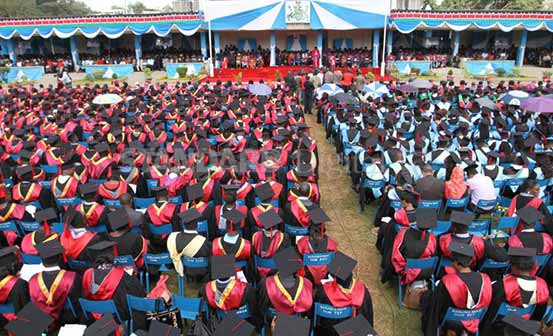×
The Standard e-Paper
Join Thousands Daily

Engineering Board of Kenya (EBK) has cautioned the universities placement agency against admitting students to unaccredited programmes during this year’s intake.
The communication was made during a meeting between the Kenya Universities and Colleges Central Placement Service (KUCCPS) and EBK last week.